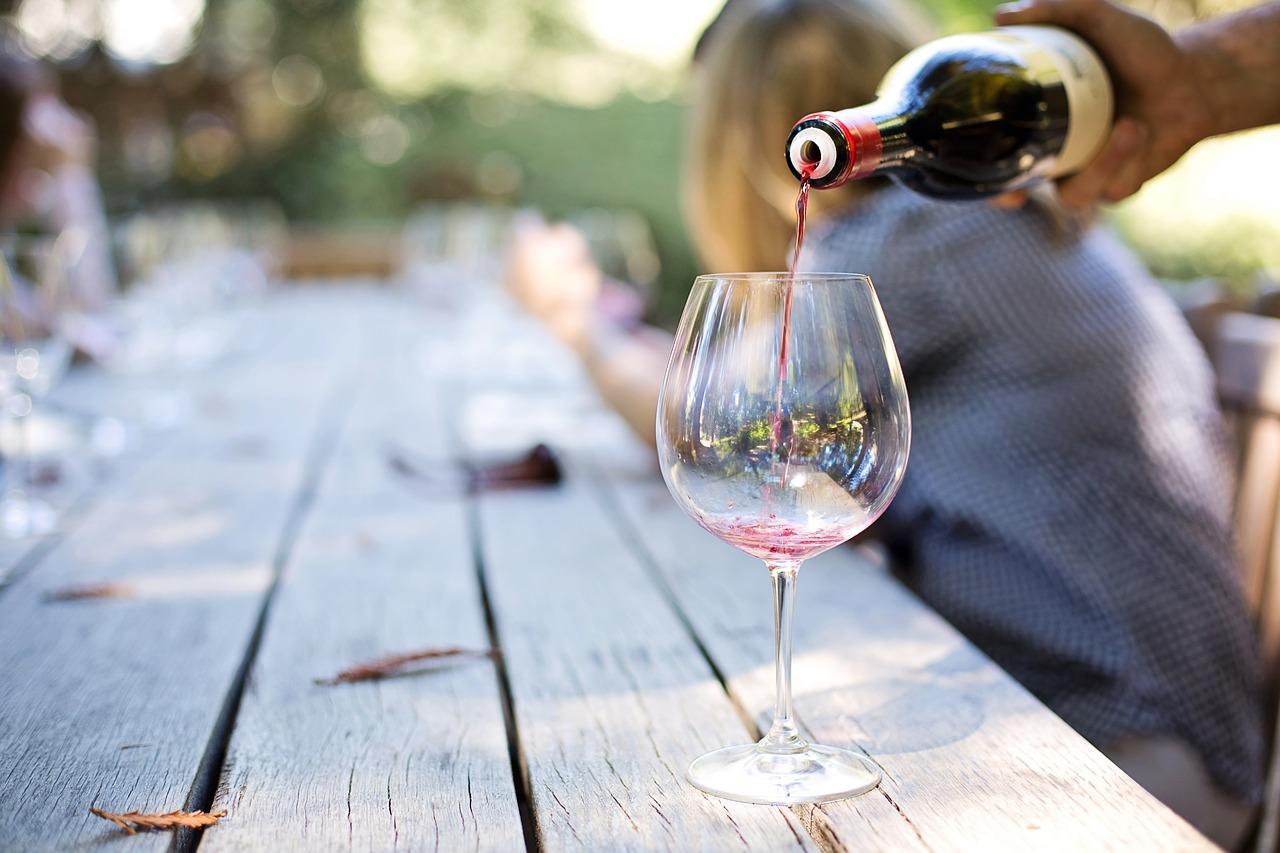Wineries Go Green To Meet Consumer Interest In Organic Products
St.-Emilion, a winery in France, will begin organic certification of their Bordeaux wine in 2019 as they've adopted sustainable farming practices over the last two years. Demand for organic products pushed many wineries toward these new methods.
Updated May 20 2019, 1:04 p.m. ET
It’s amazing to see how far we can stretch sustainability, including the wide variety of drinks we enjoy after a long day of work. It's becoming easier and easier to transition eco-friendly practices into our everyday habits and pleasures. For example, Trash Tiki has put in tremendous effort to recycle bar waste into cocktails. Wineries are also taking steps by practicing sustainable farming to create their product.
St.-Emilion is creating a certification process to promote organic and biodynamic viticulture. The biodynamic form actually predates organic farming and was created by Austrian philosopher Rudolph Steiner. Differences lie in using a specific calendar to perform planting and harvesting tasks, and there are still no chemicals used in the process.
Beginning in 2019, the winery will be placing requirements on four Bordeaux appellations to farm their grapes sustainably. Any farming that doesn’t meet organic standards will have their wine labeled as generic Bordeaux. Instead of forcing a specific method, they’re open to all varieties of organic farming as long as it meets certification.
St.-Emilion’s vineyards are also classified as a UNESCO World Heritage site since 1999. They became the first vineyards to be given the jurisdiction due to the beautiful landscape and how they’ve preserved their heritage for generations. With trends moving toward organic farming, wine council director Franck Binard wants to be “worthy” of that distinction.
"We want everyone to move in this direction," Binard told Wine Spectator. "When you start, even at a small level in terms of sustainability, then we find one step leads to another step."
The entire process began two years ago in a time period where frost damaged many vineyards in France. 45 percent of the farmers were already practicing sustainable methods. Even though a quarter of the farmers were concerned about these methods with the damaging frost and additional expenses, the majority of them were willing to adopt organic farming.
Additional costs have actually been offset by the demand for organic wine. Thierry Valette owns the Clos Puy Arnaud winery, which became organically certified in 2006 -- just six years after they obtained the property. He instantly looked for alternatives in preparing his vineyards and it paid off, telling Wine Spectator that he saw his “revenue double” in the United States with “demand from the West Coast and New York.”
Sustainable practices have certainly been pushed in the United States as more consumers are becoming more conscious of what they buy. Many look for distinctions or have phone apps that detail how the product came to be. The Wine Institute in California, which has 825 members as of last June, set a goal for all of them to practice sustainable farming techniques.
In Idaho, Oregon, Washington, and British Columbia in Canada, they’ve created the “LIVE” certification. It’s an abbreviation for Low-Impact Viticulture Enology. Similar to St.-Emilion, organic and biodynamic methods are used, and it looks like that will continue to be pushed as demand for sustainable practices grow.
-1510948849082.jpeg?position=top)
